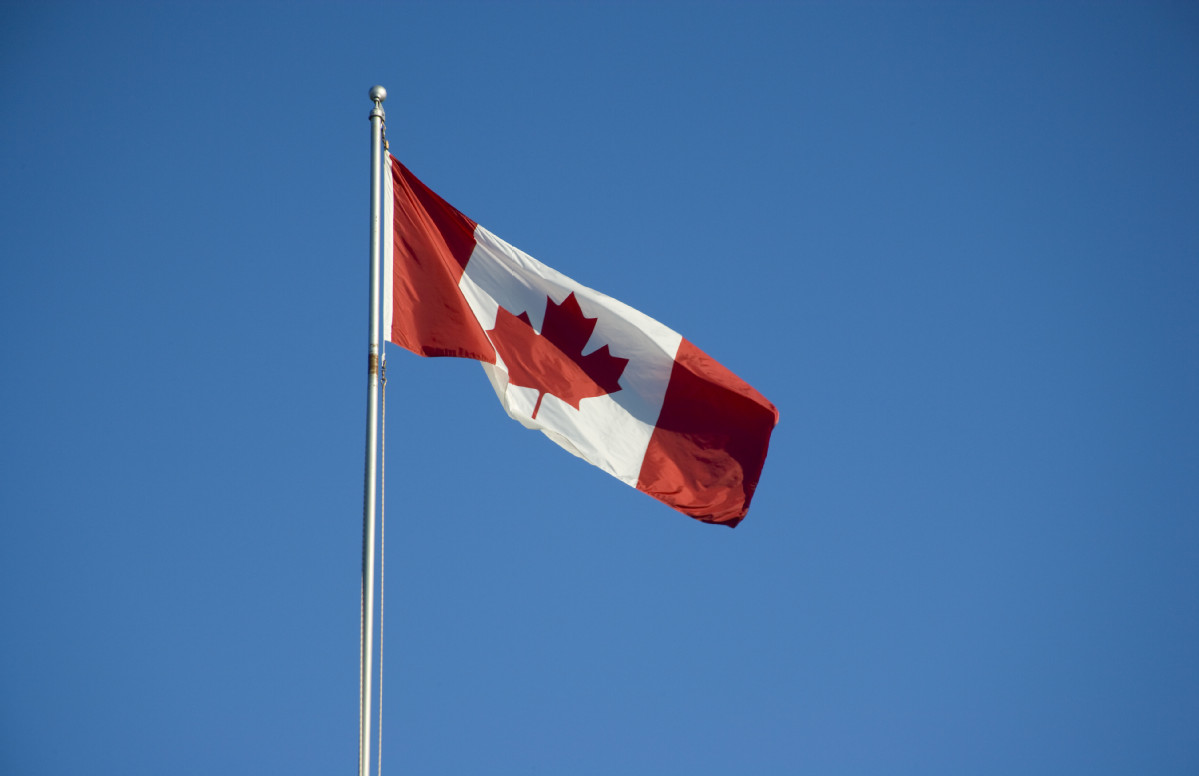The Asia-Pacific region has remained one of the most peaceful and stable regions in the world for decades thanks to the joint efforts of regional players. That is why the region has been able to serve as a global growth engine for so long.

The Canadian flag is seen in this picture. (Photo: IC)
Someone should explain the correlation between the two to Ottawa.
After Canada published its China-targeted "Indo-Pacific" strategy late last month, the provocative statements regarding China by Canadian Foreign Minister Melanie Joly in a series of interviews on the sidelines of the NATO foreign ministers' meeting in Bucharest this week show the Canadian government is in urgent need of a reality check and some history lessons.
While countries in Asia have made it crystal-clear that they are not willing to make a choice between China and the United States, Ottawa is keen to throw its gloves into the ring in support of Washington.
Describing Beijing as an "increasingly disruptive" power, Joly vowed that Canada will send more frigates to the Taiwan Straits, "along with the Americans", to "enforce the international rules-based order" there.
The "new military assets" Canada is committing in the "Indo-Pacific" to help ensure peace and stability include 400 million Canadian dollars (US$298 million) in military support and two more warships, increasing the number of frigates deployed in the region from one ship to three. Given the size of the region, that is comparable to throwing three needles into a lake.
In the same interviews, Joly also made no secret of Ottawa's commitment to almost all the mechanisms Washington is using for the purpose of containing China, ranging from the Five-Eye intelligence alliance to the Quadrilateral Security Dialogue and economic decoupling.
Instead of providing reassurance to countries in the region, Joly's remarks have only served to put them on the alert to the troublemaking nature of Ottawa's uninvited knock on the door.
Given its hand-wringing when caught doing the US' bidding in carrying out the political abduction of Meng Wanzhou, Huawei's chief financial officer, it would be natural to assume that it would be a case of once bitten, twice shy. Yet for Ottawa it seems to be a case of "once on shore pray no more" as it is again being a willing pawn of Washington.
Ottawa's imbibing of the bitter wine Washington is brewing for it was evidenced by Joly's parroting of the Joe Biden administration's line that "We will challenge China when we ought to, and we will cooperate with China when we must".
Ottawa should diligently try to learn its lessons rather than hanging out with the US making trouble.


